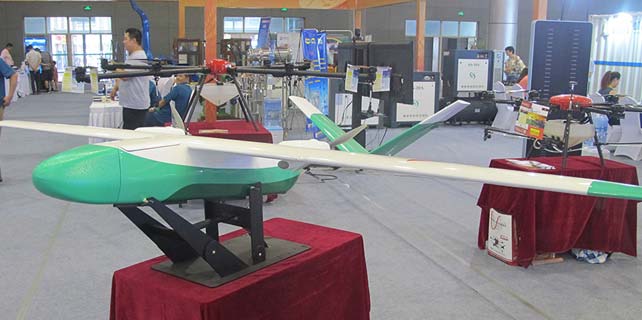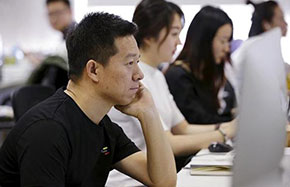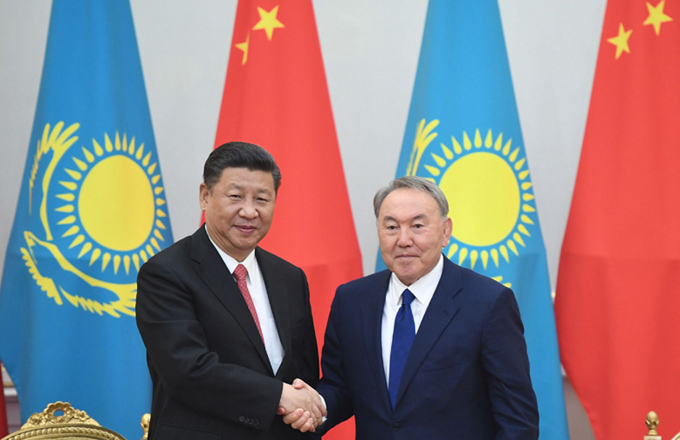China's currency nears equilibrium
Li said the yuan's exchange rate is nearing its equilibrium, as an internationally acknowledged rule of thumb states that equilibrium comes when the current account surplus-GDP ratio is around 3 percent.
Tan also said that the yuan is more likely to weaken against the US dollar in the latter half of the year.
"Even if the yuan strengthens, there is limited room," Tan said.
China's central bank governor Zhou Xiaochuan said Monday at a conference that China will not resort to the competitive devaluation of its currency.
"Refraining from using competitive devaluation measures is not only conducive to global economic growth, but also to China's economic restructuring," Li said.
China is pursuing a transformation from an export-oriented growth pattern to one driven by domestic consumption, requiring the country to shift from the processing trade with low added value to the export of products with more technological content and added value, Li said.
"By not resorting to competitive devaluation, China is also sending a signal that it will steer away from low-end industries in the future, and thus overseas and domestic capital will choose to invest more in high-end industries," according to Li.
Cao Honghui, an analyst at China Development Bank, agreed, saying that the strengthening yuan will help with China's industrial restructuring, as it forces export enterprises to upgrade their products and change destinations for their exports.
Cao said the country should enhance the monitoring of capital inflow and impose restrictions for capital outflow to ward against the impact of frequent cross-border capital flows.
Li believes that the yuan is gradually approaching its equilibrium level and that appreciation pressure is dropping, as it will be difficult for the country to get back to double-digit economic growth.
"The purpose of China's exchange rate reform is not to force the yuan to appreciate or depreciate, but to ensure that it is determined by market forces," Li said.
The country should foster expectations for two-way foreign exchange rate fluctuation in order to reduce speculation and encourage the healthy growth of the yuan, Li said.



















